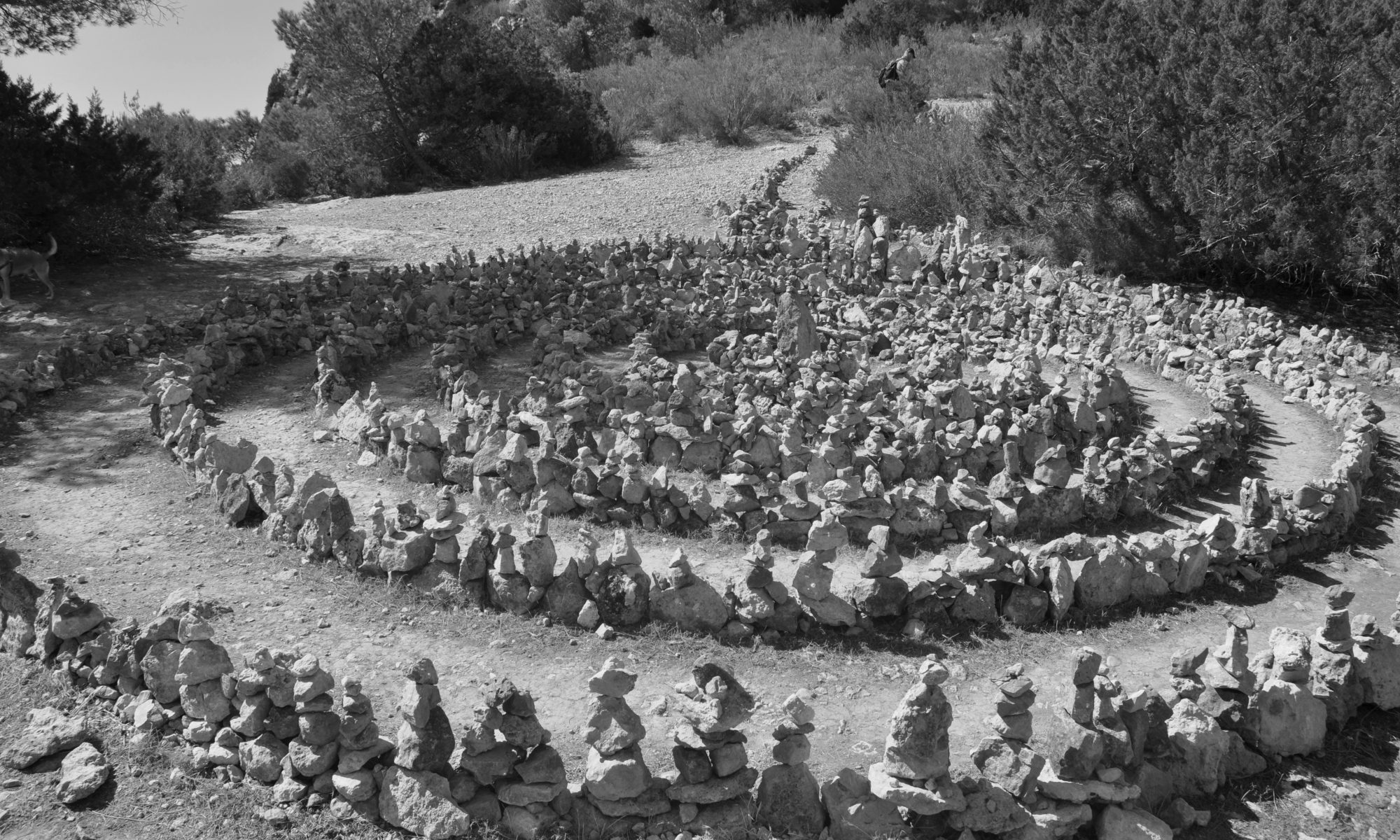Basically, there is no negative connotation in this process, no good or evil, and above all, no guilt – things are just how they are!
The more you know about your family, the more helpful it is in identifying the relevant topics.
What is important?
- All the war experiences of our parents and grandparents (injuries, captivity, displacement, flight, rape, bombings, losses, etc.)
- People who lost children at any age (miscarriages, abortions, child mortality, illnesses, etc.)
- Illnesses (at which age were these identified, how did this affect their quality of life?)
- How old were your ancestors and how did they die?
- If any accidents have occurred, at what age did these accidents happen?
- Was anyone affected by expropriation, bankruptcy, debts or a gambling addition?
- Were addictions (of any form) an issue?
- Which family members were self-employed, employed by others, who was a laborer?
- Who had a higher level of education?
- Were there any conflicts within the family or with other families?
- Were there any religious affiliation or sect affiliations?
- Who was deceived or who cheated on a partner?
- Was anyone ever expelled from the family or has a family member ever turned his/her back on the family?
- Are there any love relationships that should not have been allowed?
- Are there any secrets or things that were not supposed to be talked about?
- Was there any abuse/violence?
- Which catastrophes befell the family?
- Have you ever received blood transfusions?
- Did you have a transplant?
Every little detail is relevant!
Approach:
- Creating a genogram:
http://www.famili.de/download/arbeit-mit-genogramm.pdf
https://de.wikipedia.org/wiki/Genogramm#Darstellung
http://de.wikihow.com/Ein-Genogramm-erstellen - Collecting and filling in information about your clan
- Finding patterns
- Analysis and discussion

